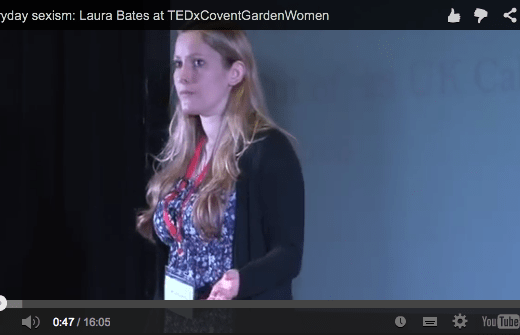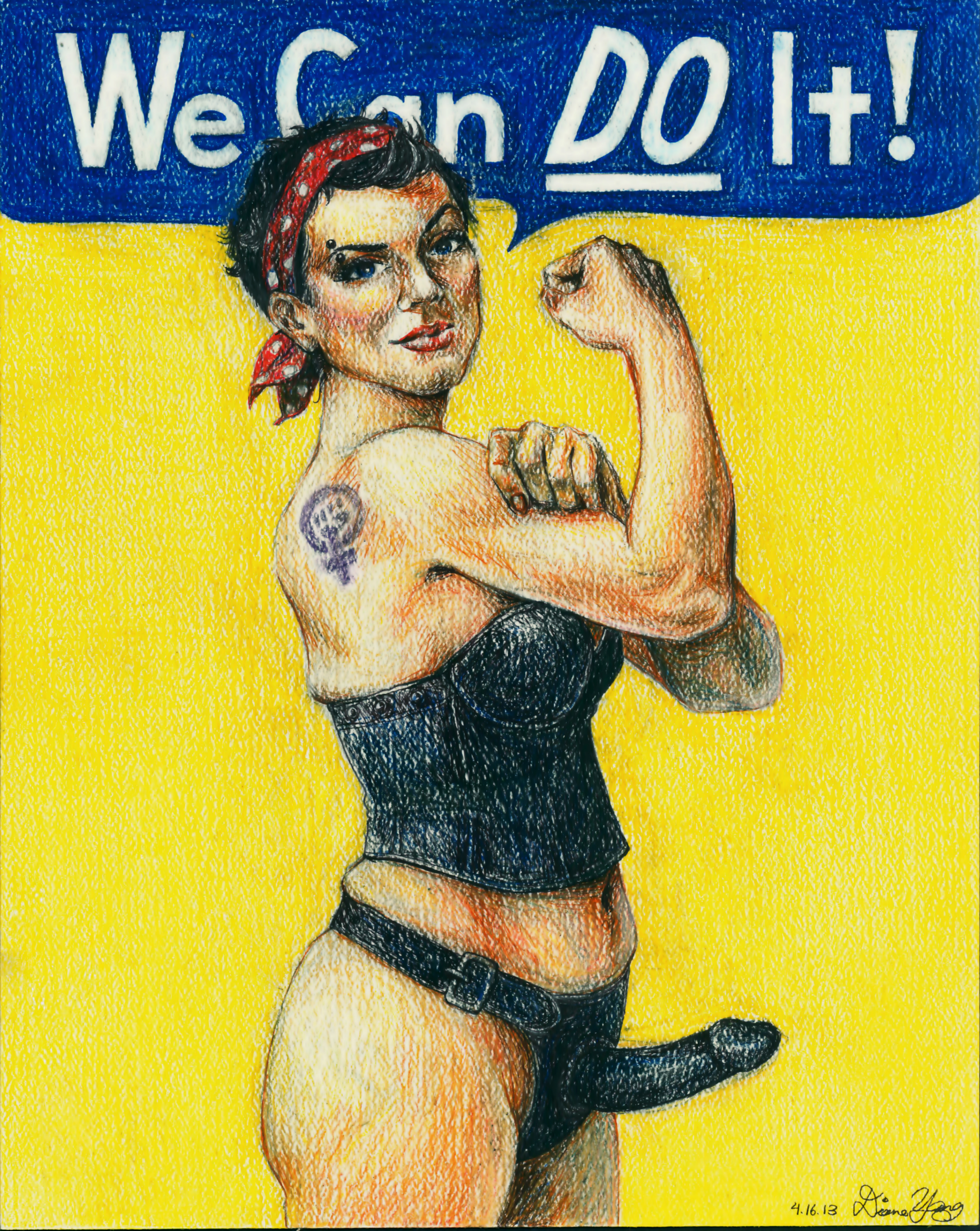If you didn’t watch Blurred Lines last night on BBC, you probably should. It’s on iPlayer now, I’ll wait while you watch it.
Watched it? Good.
I thought it was interesting. Some of it was genuinely brilliant and some of it was… well… not so much. But a show that brings together Germaine Greer AND Mary Berry? It’s already fitting two of my academic hero’s into a mere hour of TV, so it’s going to be good.
I had this bizarre meta experience during the show. Blurred Lines was a documentary on sexism and misogyny in the age of the internet and at the point where they began talking about twitter, I decided to log onto twitter and see what people were saying. Wow. People were taking part in casual misogyny about a program about casual misogyny… so meta it hurts! Good on you twitterati, congratulations for being absolutely fucking foul and proving you contain the absolute cesspit of human existence! Thankfully people were saying good things too, it seems the message was not entirely lost.
Being a feminist is scary.
Yeah. It is.
I had a moment in class this term. It was Reading Art History, a module that explores different approaches that are open to art historians. So as usual I’d been pretty vocal throughout the previous six or so weeks. We’d covered biography, progress and Marxism amongst others. But on the way to the lecture I suddenly found myself panicking a little. I realised I was totally afraid of being outed as a feminist in a space that wasn’t ‘safe’. I was so desperately keen to discuss Linda Nochlin’s utterly brilliant essay, but at the same time scared of the backlash I might receive from my classmates. You know the even more crazy thing? My classmates are almost entirely female – I should have nothing to worry about.
I spoke out, no one had a go at me. I mean I still get called a lesbian on a regular basis by a particularly delightful group of girls in my class (apparently short hair makes you want to have sex with women – who knew!) but nothing really changed. Why was I worried? Because it’s not unusual to have deeply unpleasant comments aimed at you if you dare to speak out in public about women’s equality. Usually it’s puerile comments about my breasts or vagina to be honest. Or people like to assume that I don’t have a healthy sex life. I’d like to say it’s water off a ducks back, but it’s not. The comments grind you down.
So I was somewhat reassured when I went to a day of papers at an art history conference recently on the subject of curating feminist art and feminism in the future. There were some brilliant academics there, including one of my hero’s – Griselda Pollock. At the end of the day there was a round table discussion where there was some discussion about if being a feminist had become easier. The general consensus was that it hadn’t, and there was a deep sense of worry over young feminist art historians coming into the industry. Several participants said that they still didn’t always tell people exactly what their specialist area of research was, despite being some of the most respected feminist art historians in the world.
This is really sad stuff, but for the first time in my life I had a moment where I understood what the ‘sisterhood’ that many feminists refer to was all about. For the first time, in that room, I felt solidarity to the cause and a resoluteness to continue the work of brave early feminists. I don’t want to seem like a martyr, but perhaps you have to have some people who work through the misogyny and the nasty comments in order to make the world a better place. And perhaps it’s better that someone is an argumentative and thick skinned woman like me. After all, I’m used to invading the domain of men – otherwise known as the internet.
This posts now been in my ‘draft’ folder for a few days and I can’t remember what else I was going to write… I’m pretty sure I’ll come back and write about this again…


